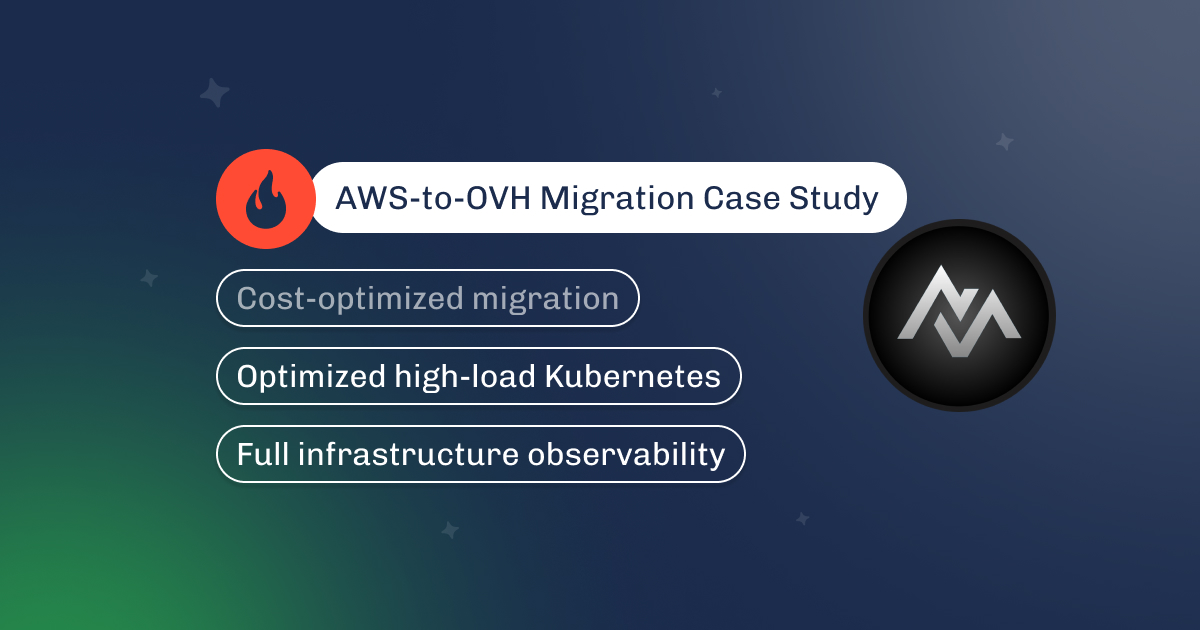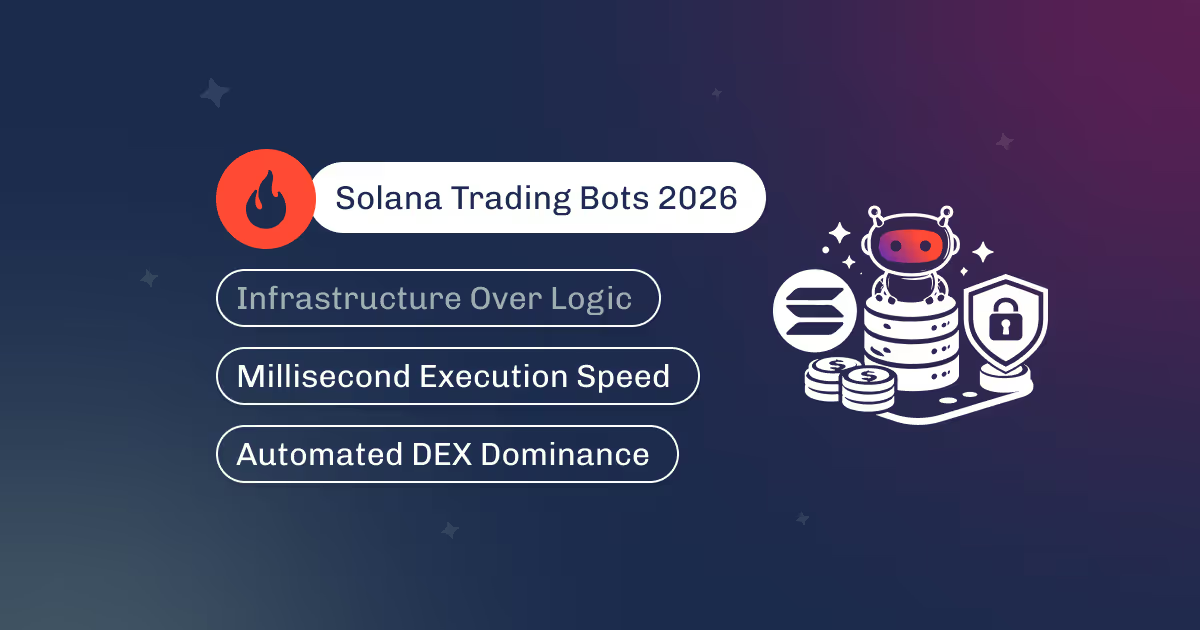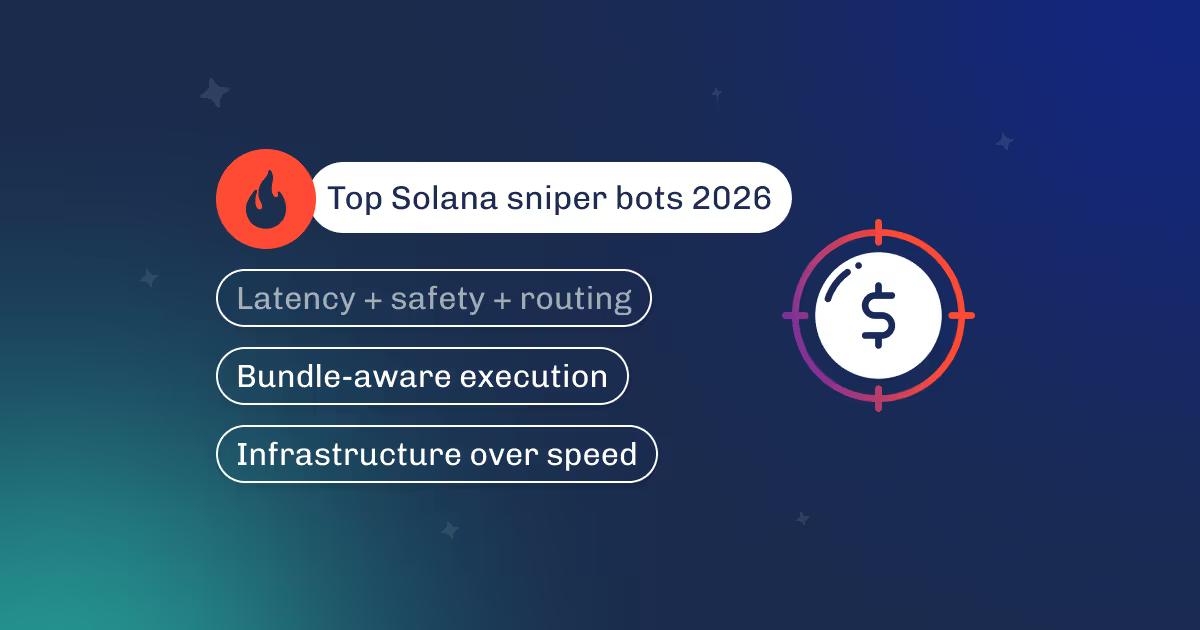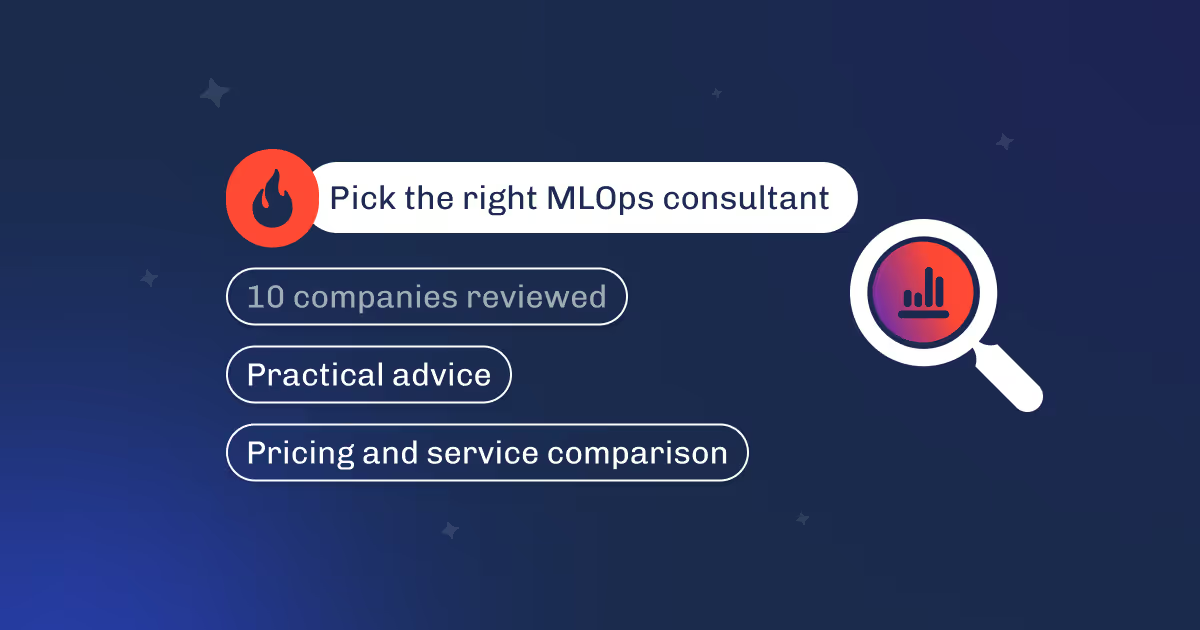
Scaling AI is not just about building better models—it’s about keeping them productive, reliable, and compliant once they hit the real world.
Many enterprises discover too late that without MLOps, projects stall in endless notebooks, cloud costs spiral, or regulators raise red flags. The right specialist partner can bridge this gap, turning experimental prototypes into robust, monitored, and auditable pipelines.
In this article, we review the top MLOps consultancies of 2025 you can actually trust to deliver that transformation.
Machine Learning Operations, or MLOps, has moved from being a technical footnote to becoming the central nervous system of enterprise AI. The concept takes the agility of DevOps and extends it to data and models—covering training, deployment, monitoring, retraining, and governance.
The value case has sharpened. Stanford’s 2024 AI Index reported that only 15% of ML prototypes ever make it into production; of those, about 40% deteriorate within a year. Organizations adopting structured MLOps report a 3–4 fold increase in sustained model performance and significantly lower compliance failures. In practical terms, MLOps is what separates pilot projects from reliable business assets.
For an enterprise leader, the benefits of MLOps consulting companies can be grouped into three categories:
The financial upside is direct. Smart MLOps can help optimize cloud costs and build a base that will make it impossible to waste more resources than needed.
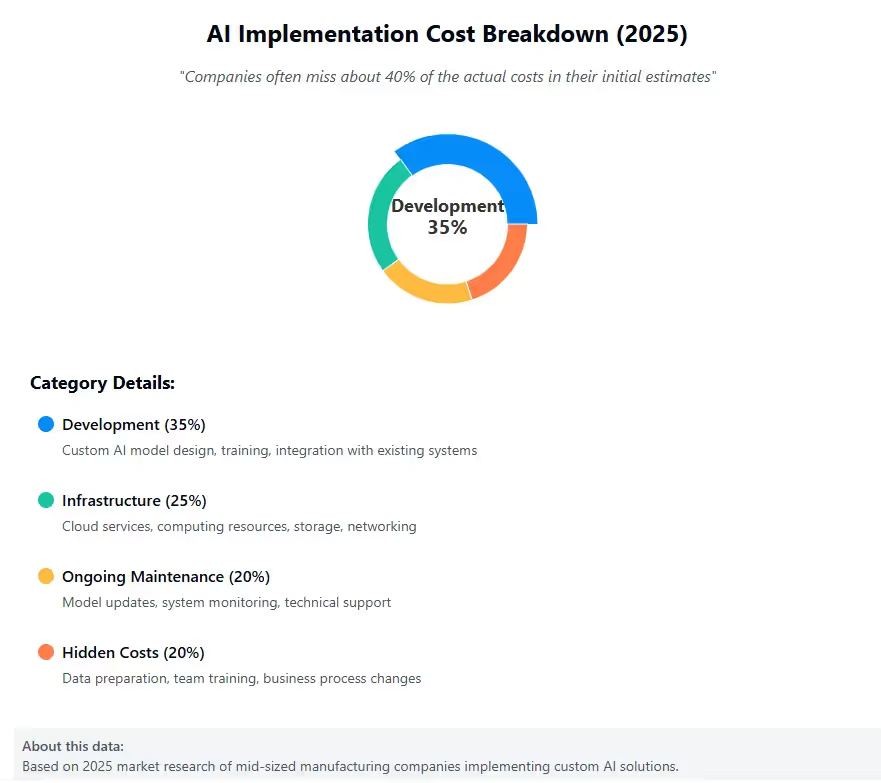
Many boards ask: at what point does this investment become mandatory rather than optional? The clearest triggers referring to MLOps company are when:
At that stage, ad hoc notebook pipelines and manual deployments break down, and executives need a repeatable operating model for AI.
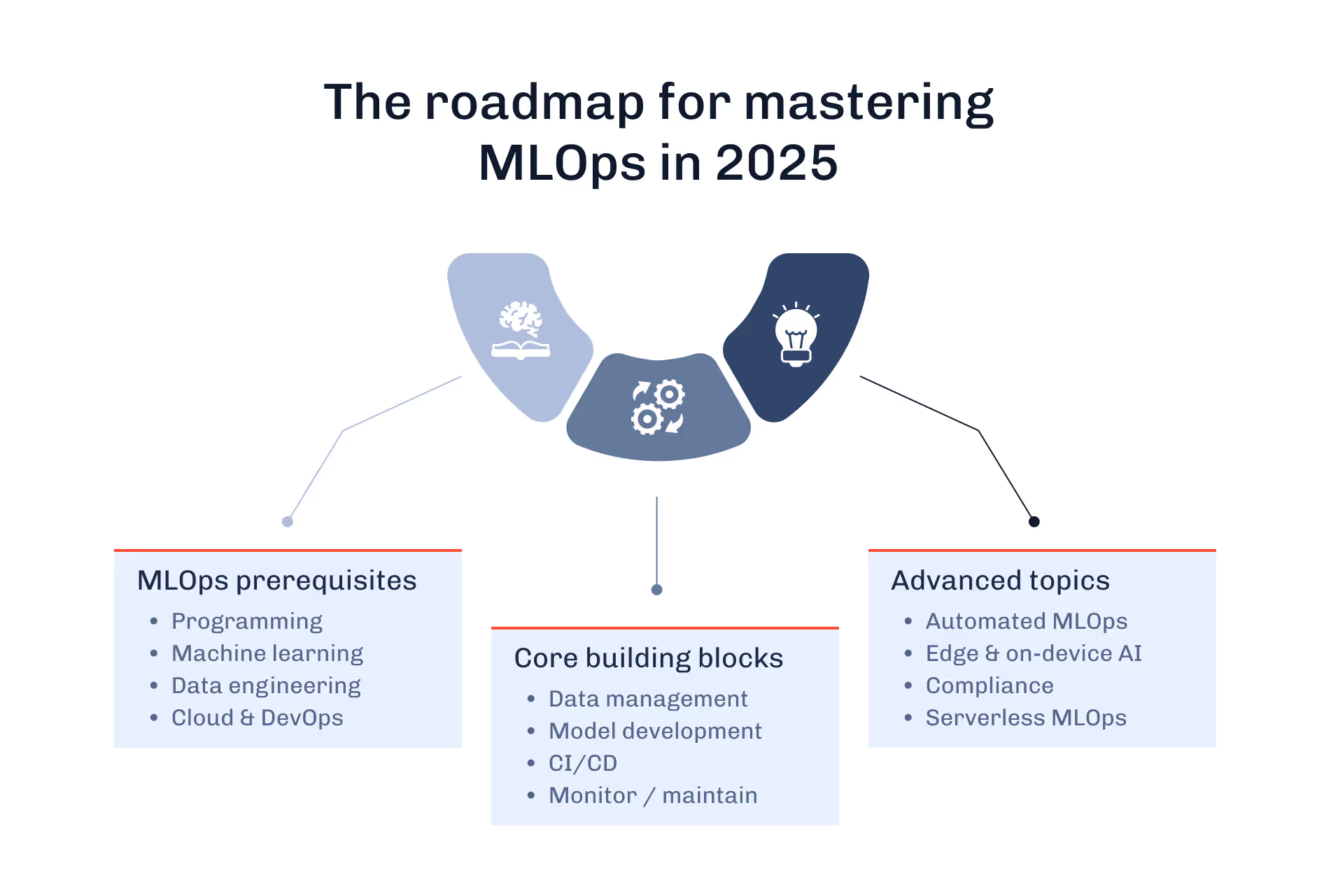
Moving to MLOps examples is not just about tool picking. Executives should frame the initiative in terms of:
Need a deeper technical understanding? Dive into MLOps basics:
Need a deeper technical understanding? Dive into MLOps basics:
Most global “AI service lines” can add MLOps example and service pack to their sales deck, but the firms below are specialist boutiques whose DNA is operational machine learning. These are the consultancies that enterprises serious about scaling AI can trust in 2025.
Dysnix sits at the top of our 2025 list for a reason. A remote‑first consultancy with deep Kubernetes roots, they are known for building cloud‑native MLOps pipelines with rigor around high availability and scalability. Rather than simply deploying pipelines, Dysnix obsessively tunes them for infrastructure efficiency—auto‑scaling GPU instances, right‑sizing clusters, and implementing pre‑emptible node pools that cut runtime costs sharply.
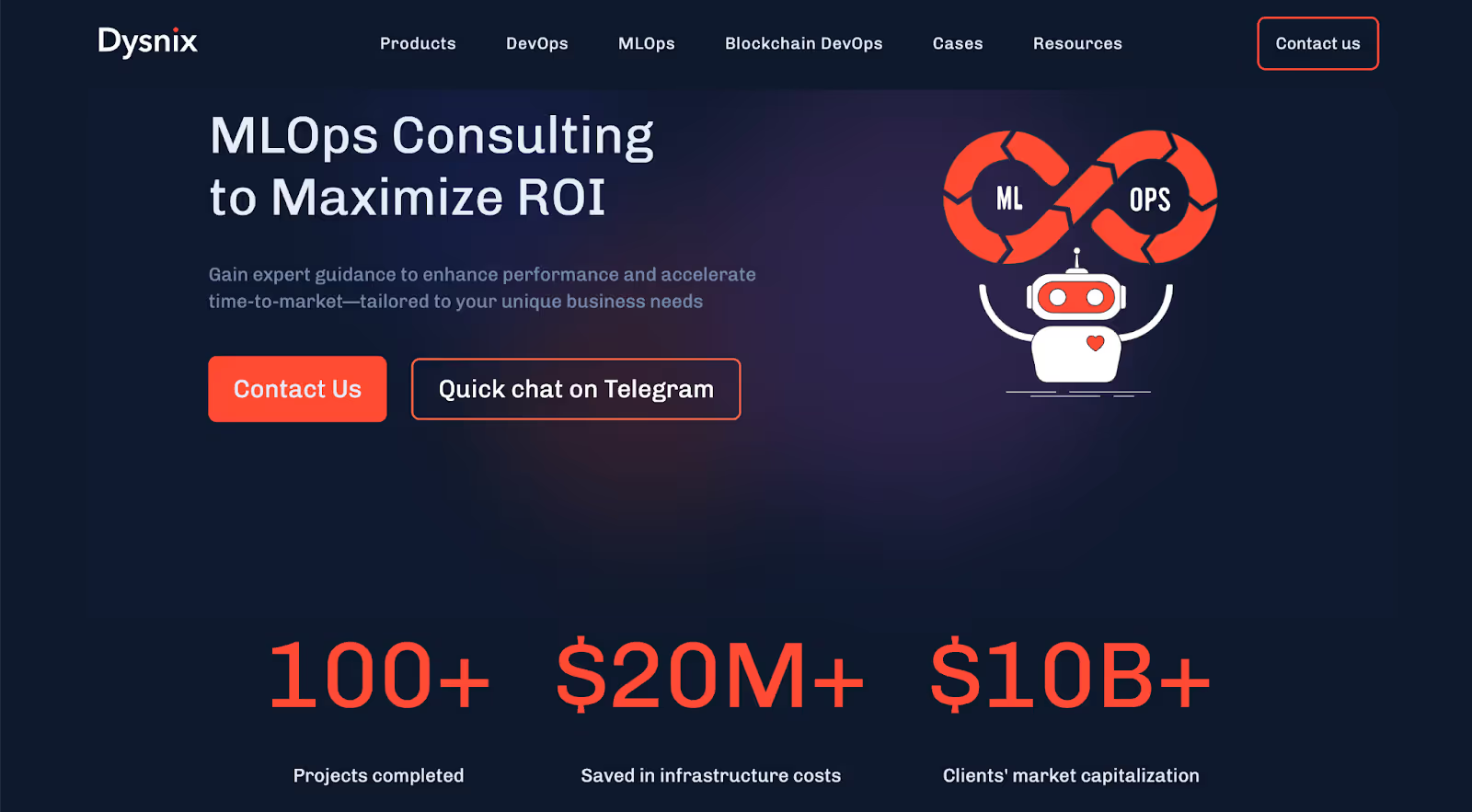
Clients in fintech, marketplaces, and e‑commerce cite Dysnix for its “cost‑to‑scale ratio”: getting both resilience and predictability without runaway cloud bills. They are also praised for transparent governance structures: every deployment carries detailed monitoring and lineage records, making regulatory compliance straightforward. For organizations needing serious reliability at variable workloads and custom MLOps solution, Dysnix is among the most compelling partners in 2025.
Explore more AI/ML services from Dysnix
Based in Finland, Valohai is unique in offering both a commercial MLOps platform and consulting services around it. Their contribution lies in reproducibility—every training run, every dataset, every parameter is automatically versioned. For industries where regulators demand auditability and explainability, such as healthcare or medical research, Valohai’s approach has become indispensable.
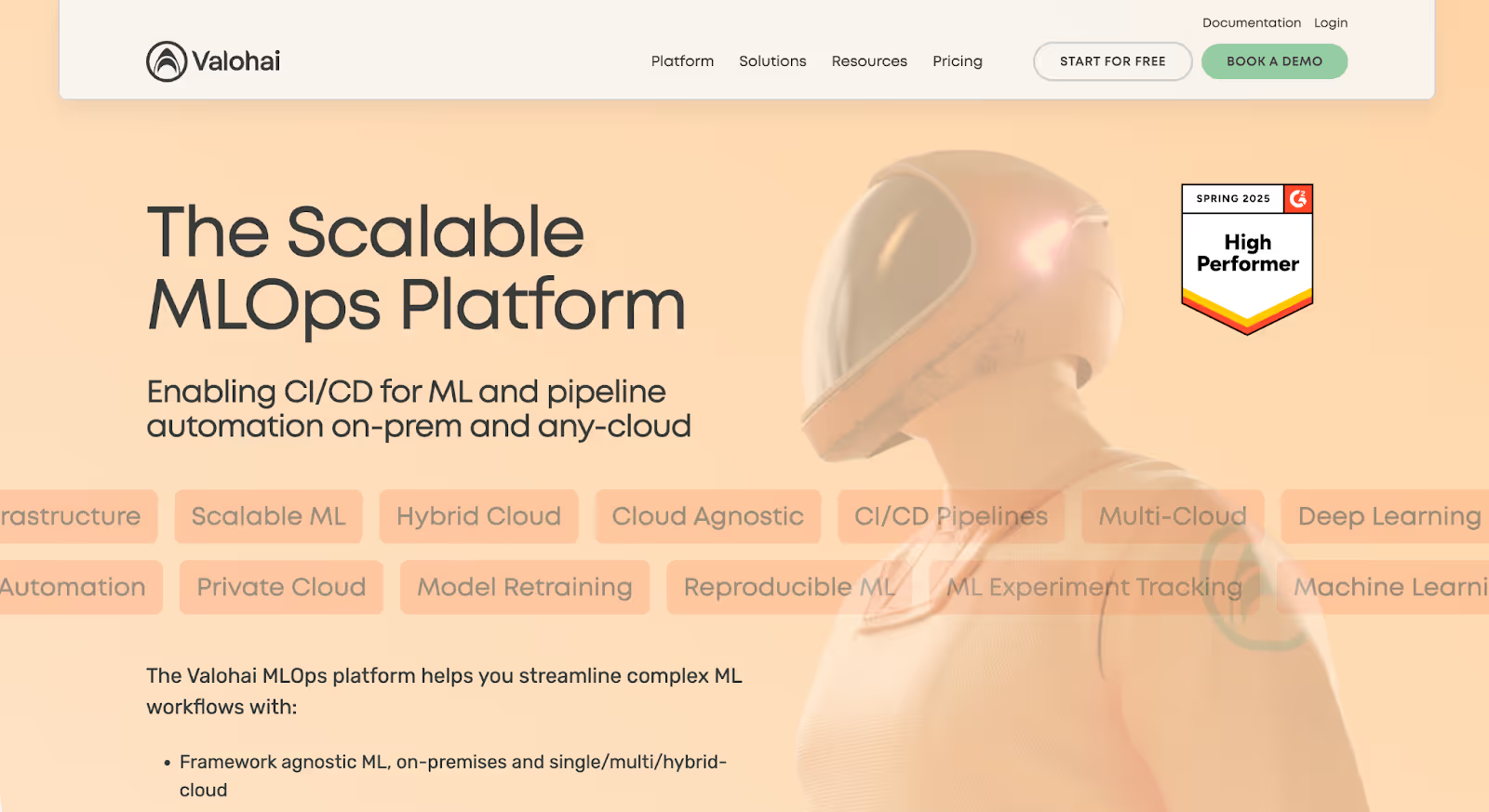
Executives appreciate that Valohai doesn’t push lock‑in. Their consultants structure pipelines API‑first, so switching clouds or integrating with local HPC clusters remains an option. Their sweet spot is organizations moving from research‑heavy ML toward regulated operational environments where reproducibility is king.
H2O.ai has long been a pioneer in democratizing machine learning through its open‑source tools and DriverlessAI platform. In 2025, their consulting services are increasingly focused on MLOps enablement: helping clients industrialize model deployment, bias monitoring, and governance on top of H2O or cloud‑native stacks.
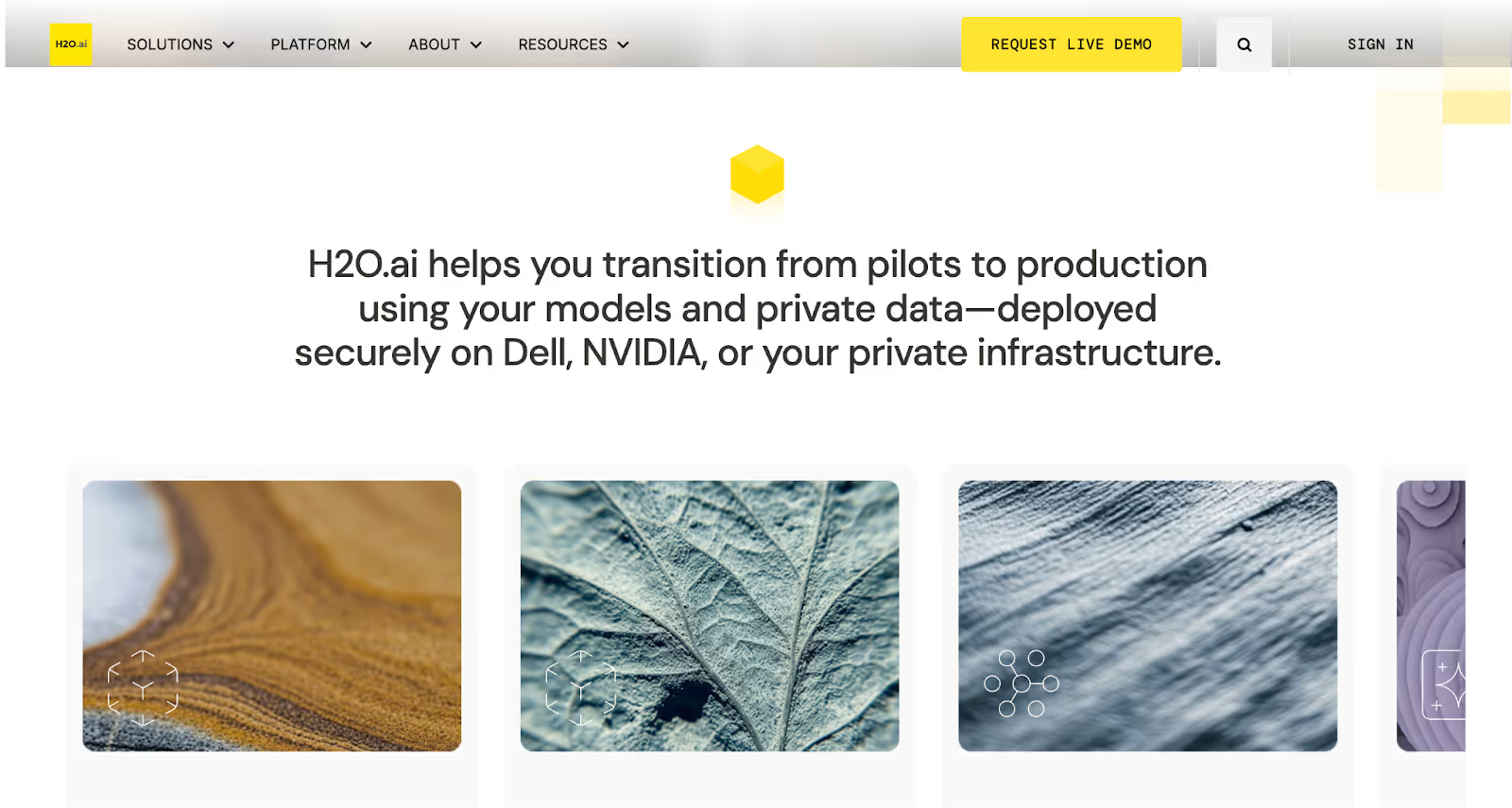
They bring strong credibility in industries like financial services, insurance, and healthcare, where their tools are already embedded into risk modeling and claims systems. Executives choose H2O.ai consulting when they want both technical sophistication and governance assurance, supported by an ecosystem that balances open‑source flexibility with enterprise readiness.
Arrikto is a US‑based consultancy synonymous with Kubeflow expertise. For enterprises committed to Kubernetes as a unifying infrastructure standard, Arrikto is the partner that ensures ML workloads integrate seamlessly with existing containerized applications.
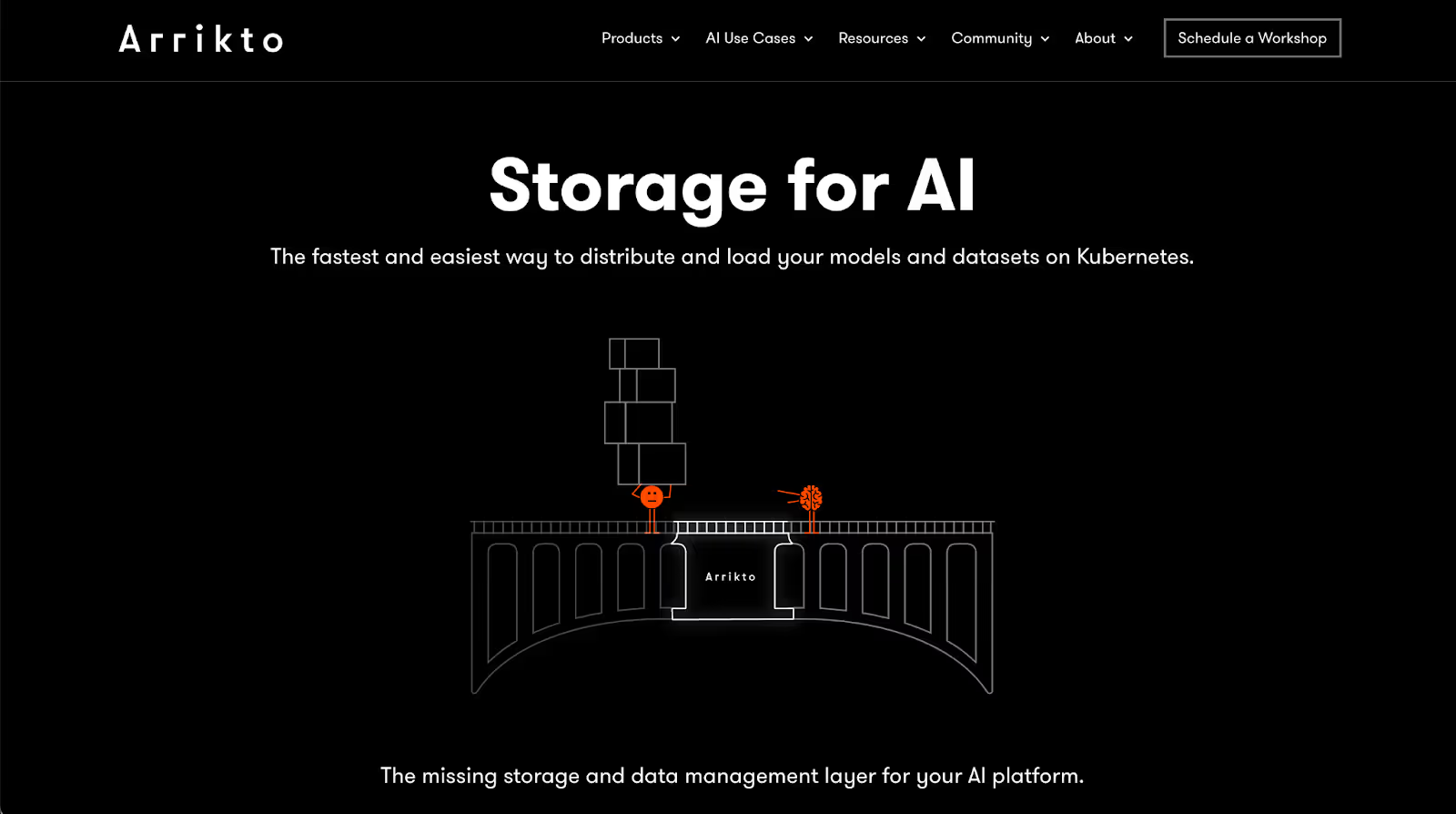
Arrikto’s focus on data reproducibility and portability appeals to multinationals facing cross‑border data constraints: a model trained in one EU country can be ported intact to another jurisdiction. Their consultants are often engaged by enterprises struggling with custom Kubeflow deployments that have become brittle or unmaintainable.
From the UK, Fuzzy Labs has earned a reputation for taking complex concepts and delivering pragmatic, open‑source‑first MLOps solutions. Their clients are often mid‑market firms for whom committing to a heavy proprietary platform is overkill.
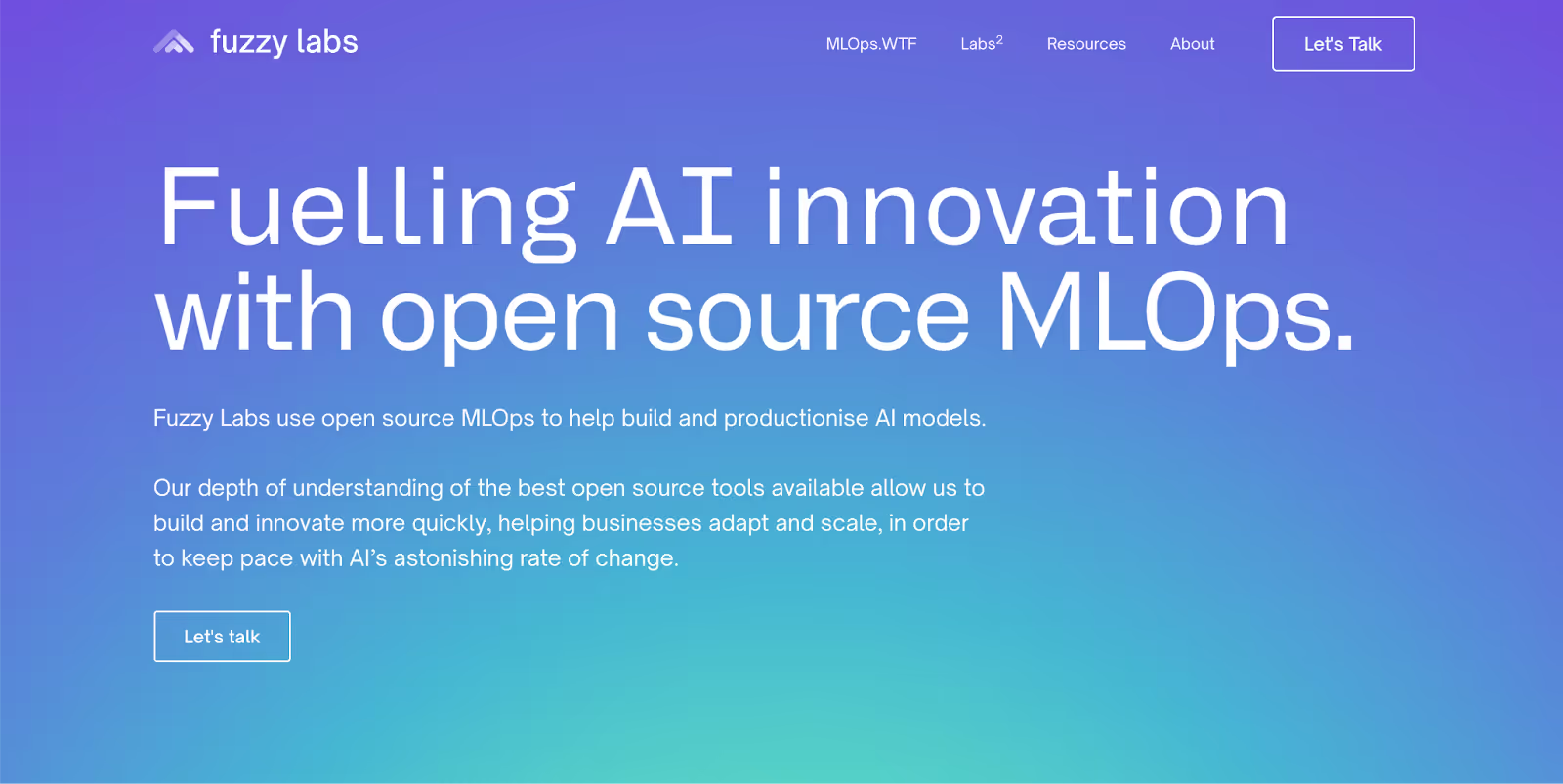
Fuzzy Labs differentiates by rapidly spinning up prototype pipelines that show tangible impact in weeks, not months. Executives often use them to “seed” MLOps culture internally: showcasing fast wins while educating in‑house staff on reproducible workflows. Their community ethos—publishing tools and guidance back to open source—makes them particularly attractive to firms seeking vendor neutrality.
Sustainability has become board‑level in 2025, and Italian consultancy Nebuly is one of the few to make green MLOps its crown jewel. They specialize in inference optimization at the edge and in data centers, making models not only faster but also less carbon‑intensive.
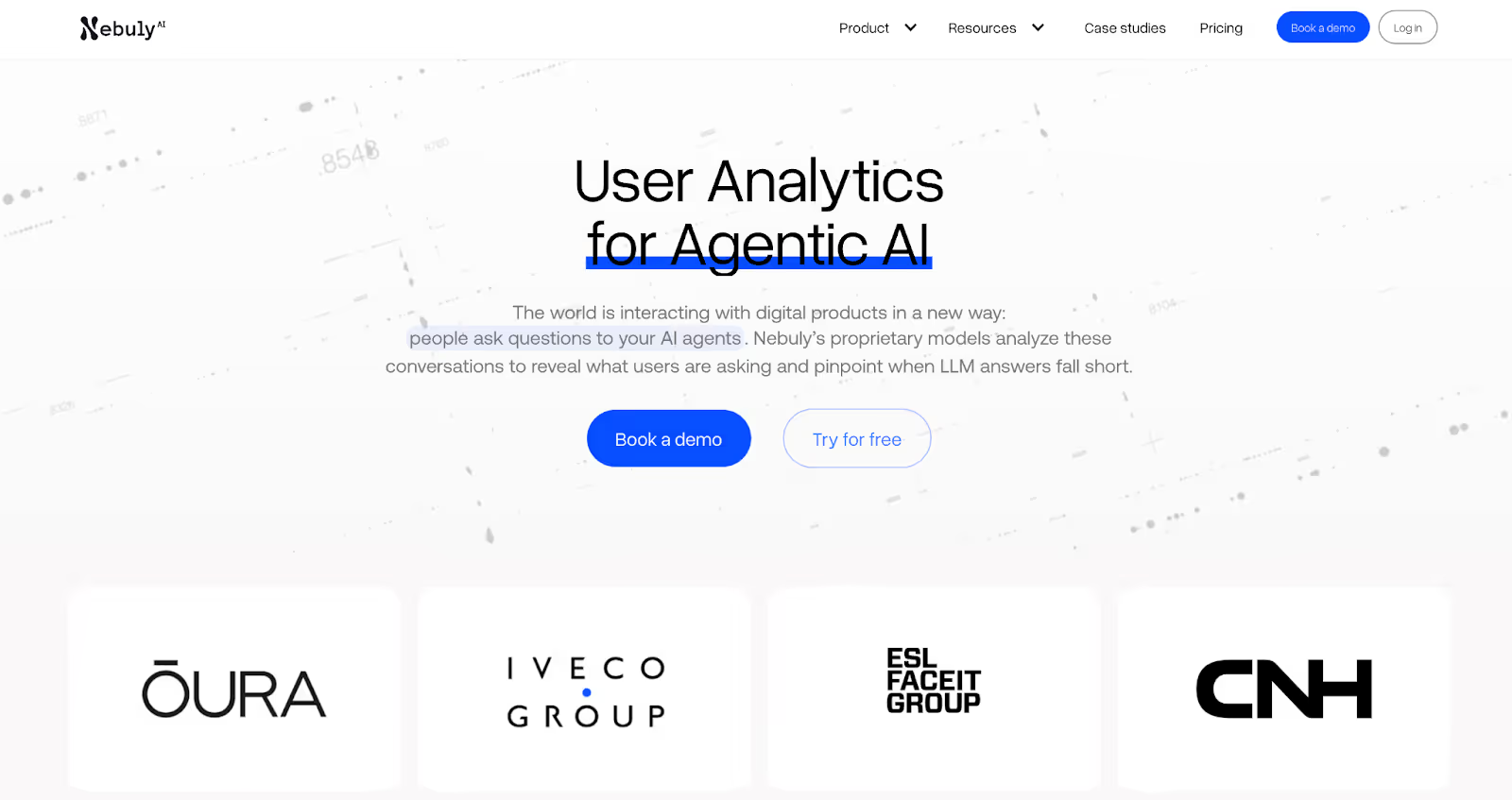
With regulators and investors now requesting emissions disclosure for digital operations, Nebuly’s carbon‑aware pipelining has gained traction in energy, automotive, and EU‑based corporates with ESG commitments. Their projects show emissions from inference workloads cut by 20–40%. For directors balancing AI transformation and climate pledges, Nebuly provides a credible bridge.
Known originally for its observability platform, Superwise.ai has expanded into consulting around model monitoring and governance. Rather than trying to do everything, Superwise zooms in on the problem most executives fear: not knowing when models go wrong until it hits the business.
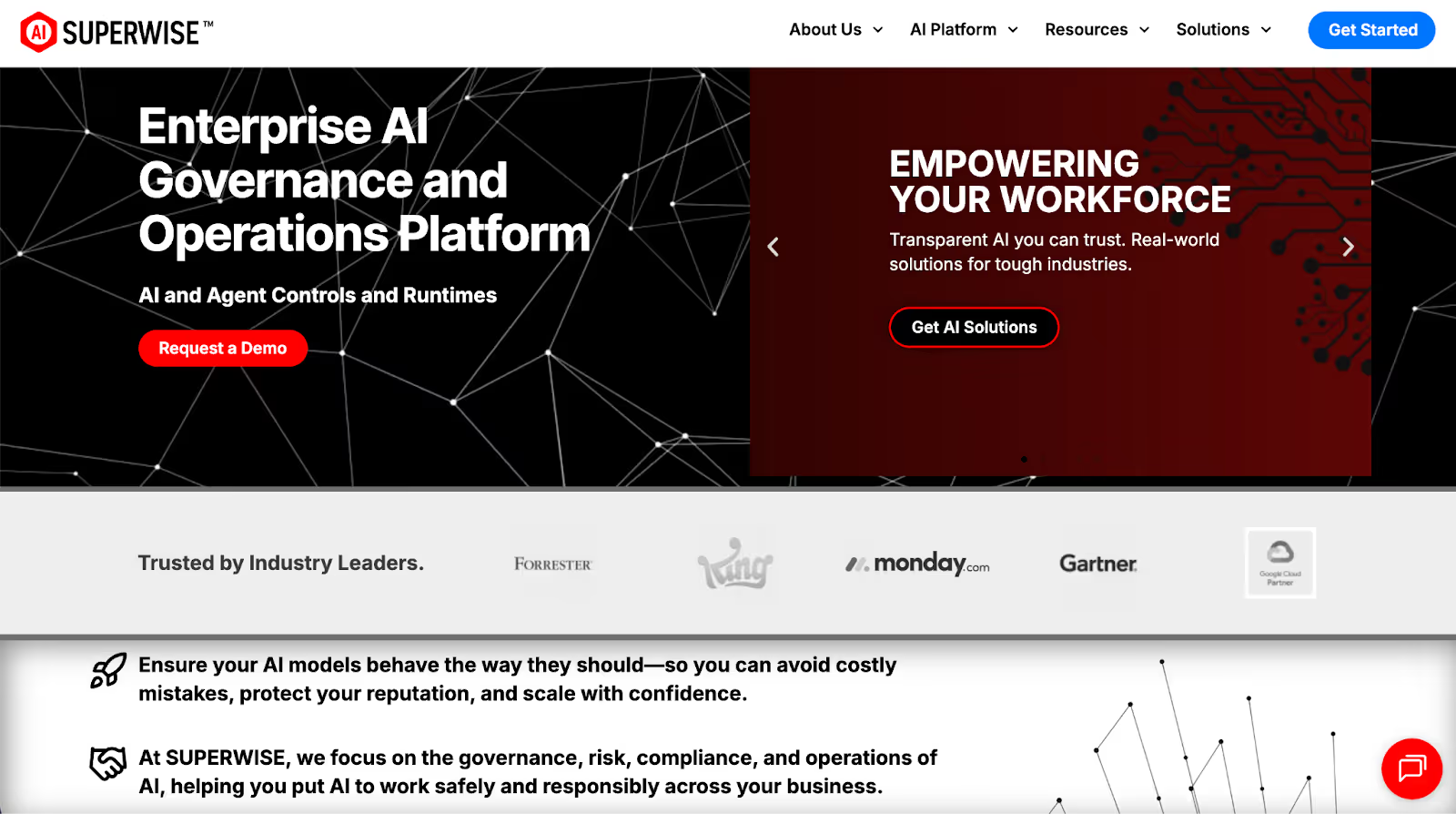
Their consulting engagements integrate alerting pipelines, fairness dashboards, and executive‑facing explainability reports. Superwise excels when organizations already have multiple models deployed but struggle with trust and transparency. If executives want confidence that “the AI is behaving as promised”, Superwise is an obvious candidate.
Emerging from the PyTorch Lightning open‑source project, Lightning AI has become one of the most credible names in large‑scale ML training and production orchestration. Beyond its developer platform, Lightning AI runs specialized consulting teams that help enterprises scale pipelines for LLMs, generative AI, and GPU‑hungry workloads.
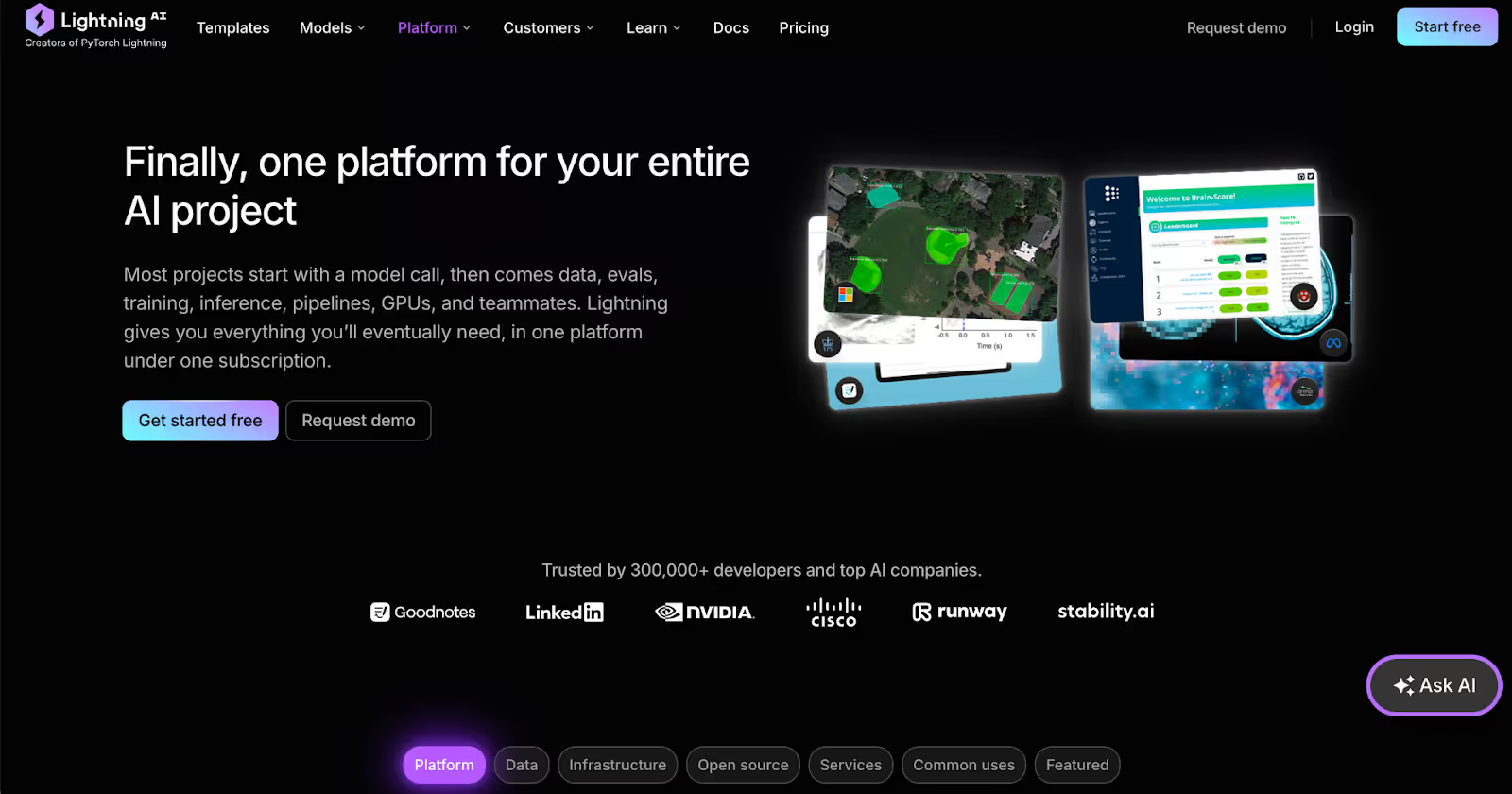
Their value lies in balancing experimentation speed with infrastructure efficiency, often showing clients how to trim 20–30% off compute costs while still pushing more models through training cycles. Lightning AI is the go‑to for organizations whose AI strategies hinge on training and serving advanced neural architectures at scale, especially in research‑heavy verticals like pharma, automotive (autonomy R&D), and media.
Known for its popular open‑source monitoring toolkit, Evidently has grown into a trusted partner for organizations building observability‑first MLOps practices.
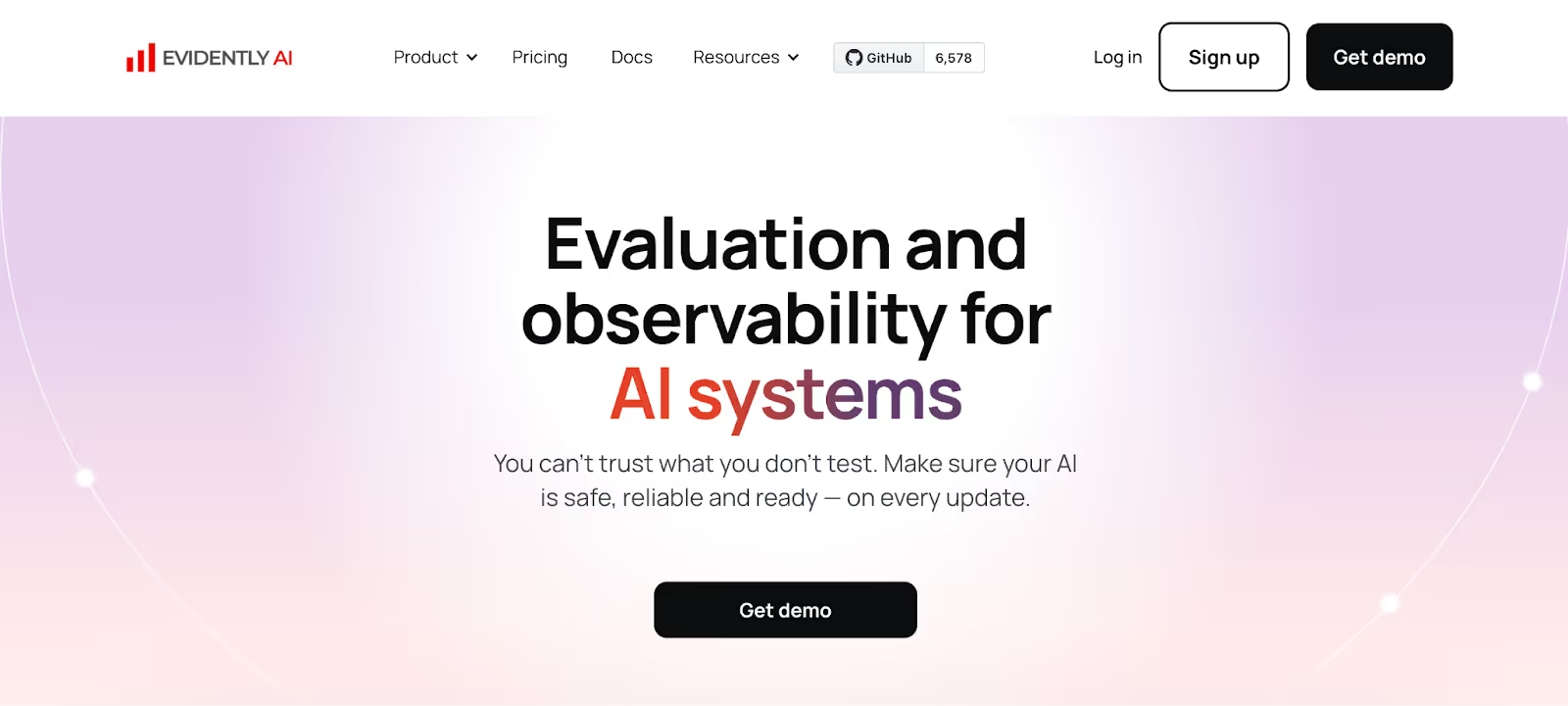
Their consulting offering focuses on setting up reliable production monitoring systems, including data drift detection, fairness testing, bias alerts, and performance dashboards that executives can read. Companies in fintech, healthcare, and consumer tech increasingly engage Evidently to add governance “guardrails” around models already in production. For leaders whose primary concern is trust, compliance, and explainability, Evidently ranks among the most relevant boutique choices in 2025.
Finally, Addepto from Poland has steadily grown its profile as a dedicated MLOps consultancy. They approach engagements with a blend of data scientists rigor and lifecycle management expertise, often bridging gaps between fragmented ML experiments and standardized enterprise platforms.
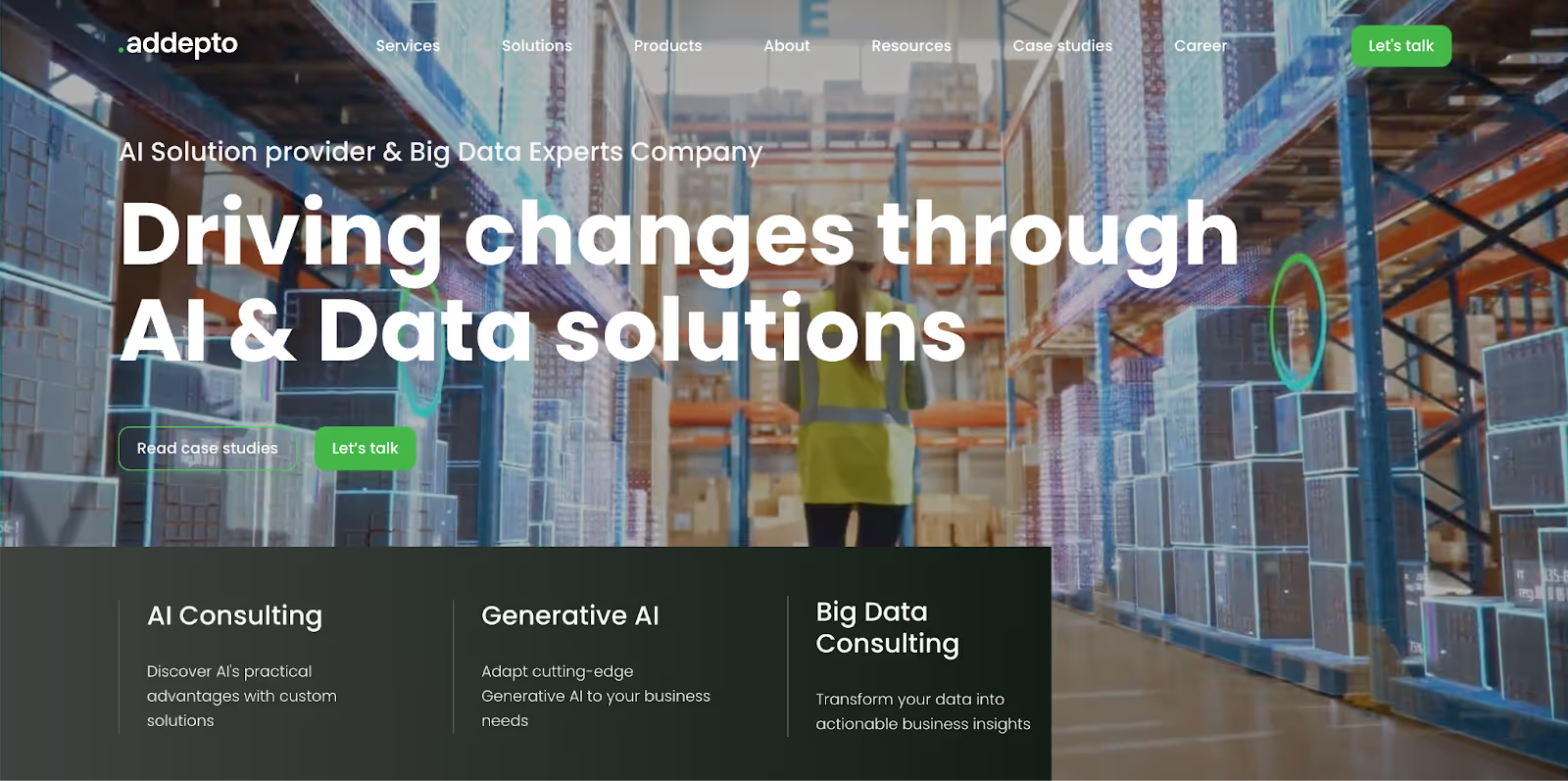
What differentiates Addepto is transparency: their own published rankings of MLOps firms in 2025 underscore both thought leadership and realism—they openly state no one partner fits all cases. For enterprises that want a flexible, scalable European partner without the bureaucracy of mega‑consultancies, Addepto deserves a place on the shortlist.
| Company | Focus / Distinctive Angle | Typical Clients & Industries | Cloud / Stack Orientation | Governance & Compliance Maturity | Price Range* |
|---|---|---|---|---|---|
| Dysnix | Cloud-native, high-availability MLOps; cost optimization with Kubernetes auto-scaling | Fintech, e-commerce, SaaS scale-ups | Multi-cloud, Kubernetes-centric | Strong audit capabilities, clear lineage records | $900–1200/day (project $50k–150k) |
| Valohai | Reproducibility, experiment tracking; API-first pipelines | Healthcare, research institutes, regulated EU firms | Cloud-agnostic, HPC support | Very strong — full lineage/versioning baked in | $1000–1400/day (subscription + consulting from $80k/yr) |
| H2O.ai consulting | MLOps enablement, bias monitoring, interpretable ML pipelines | Finance, insurance, healthcare | Multi-cloud, H2O.ai + DriverlessAI | Strong — bias & fairness frameworks built-in | $1100–1500/day (projects $100k+) |
| Arrikto | Kubeflow enterprise deployments & support | Multinationals standardizing on Kubernetes | Kubeflow/K8s specialization | Good, reproducibility focus | $1000–1300/day (projects from $100k) |
| Fuzzy Labs | Lean, open-source-first pragmatic MLOps | Mid-market, tech-curious enterprises, retail | Cloud-neutral, OSS-heavy setups | Decent governance templates, lighter than big firms | $700–1000/day (POCs from $40k) |
| Nebuly | Green/ESG-oriented MLOps, inference efficiency | Energy, industrials, EU corporates with ESG goals | Edge + cloud hybrid optimization | ESG compliance dashboards included | $900–1200/day (projects $60k+) |
| Superwise.ai | Monitoring & governance heavy; focus on observing deployed models | Companies with multiple live models; financial services | Integrates with existing pipelines | Very strong in bias/fairness reporting | $1000–1400/day (advisory projects $70k+) |
| Lightning AI | Scaling LLM & generative training; infra optimization | Pharma R&D, autonomous vehicles, media, tech labs | GPU-orch, multi-cloud, PyTorch Lightning native | Medium–strong, emerging in regulated frameworks | $1100–1600/day (projects $150k+) |
| Evidently AI | ML observability & monitoring; fairness and drift dashboards | Fintech, healthcare, SaaS | Cloud-neutral, OSS integration | Very strong for monitoring, fairness, explainability | $800–1200/day (projects $50k+) |
| Addeto | Hybrid MLOps + data engineering advisory | European mid-to-large enterprises | Databricks, Azure, hybrid stacks | Strong GDPR alignment, growing AI Act frameworks | $800–1100/day (engagements from $60k) |
To pick the right team among tens of MLOps startups, make a call with technical representative asking them all questions you consider as important. For a C‑level decision‑maker, the differentiation comes down to:
By 2025, enterprises recognize that the AI race is not about algorithms—it is about running models with rigor, reliability, and responsibility. MLOps is the operating discipline that unlocks this.
Generalist consultancies can sell “AI scale”, but true assurance comes from specialists who live and breathe MLOps use cases. From Dysnix’s cost‑sensitive Kubernetes builds to Nebuly’s sustainability angle, Valohai’s reproducibility focus, and Superwise’s governance dashboards, the top mlops companies now offers credible, differentiated choices.
For executives, the question is no longer if MLOps should be prioritized, but who can help operationalize it governably, economically, and at scale. Choosing well now creates AI capability foundations that will serve for the next decade.






